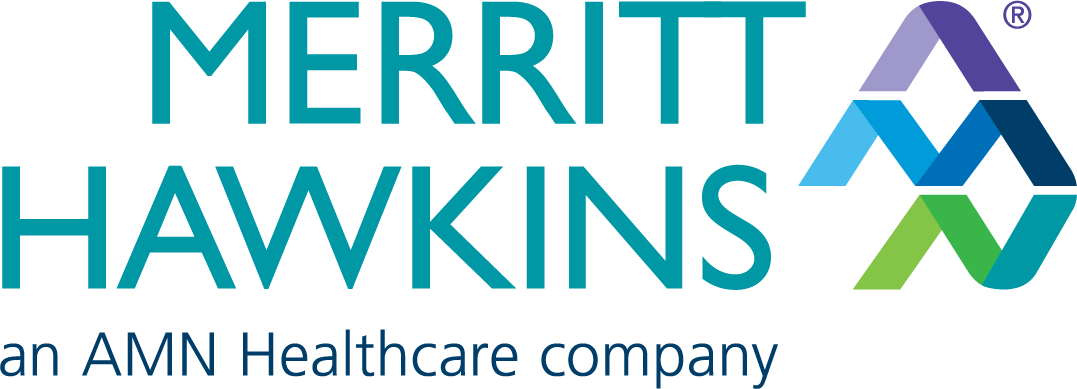When considering what makes people in the United States healthy or unhealthy, most Americans are likely to cite lifestyle choices, such as diet and exercise, and genetics as the determining factors, but not poverty. The fact is, however, that one’s zip code has more to do with health than one’s genetic code, as the chart below illustrates:
Keys to Personal Health
| Behaviors (diet, exercise, tobacco, drugs, sexual activity | 30% |
| Social/economic factors (employment, education, income, safety, family support) | 40% |
| Environment (air quality, water quality, housing, transit) | 10% |
| Clinical care (access to care, quality of care) | 20% |
Source: Robert Wood Johnson & University of Wisconsin Public Health Institute
As these numbers show, 60% of health is determined by social/economic or environmental factors, while only 20% is tied to access to care or quality of care. In general, it can be stated that the relative wealth of a community largely shapes the health of its residents.
We spend $3.5 trillion a year in the U.S. on health care. Half of this amount can be traced back to just 5% of the population, who are mostly chronic care patients (so-called “frequent healthcare flyers”). Many of these chronically ill patients are trapped in poverty, which undermined their health at an early age.
Since preventive care was largely unavailable, beginning at the prenatal stage, many of these patients developed multiple chronic problems that require intervention their entire lives. The “social determinants of health” – including income, job security, environmental safety and others – are stacked against those who live in poverty, compromising their health and driving up what the nation pays for healthcare.
For years, many healthcare policy makers were wedded to the idea that inefficiency was the root cause of high healthcare spending in the U.S. They pointed out that communities like Grand Junction, Colorado spend less money on healthcare and achieve better outcomes than communities like McAllen, Texas. What was left out of the equation was the relative wealth of communities like Grand Junction and the relative poverty of communities like McAllen.
The late Richard “Buz” Cooper, a highly regarded oncologist and healthcare policy analyst at the University of Pennsylvania, was one of the first to point out the poverty/health connection in his landmark book Poverty and the Myths of Healthcare Reform, published in 2016 by John Hopkins University Press. He argued that addressing poverty was a better way to reduce healthcare spending than looking for “efficiencies” that may not exist.
As Dr. Cooper observed, providing a homeless person with a pair of shoes is much less expensive than treating his frost-bitten feet. Dr. Cooper’s analysis, which was disputed at the time, is proving to be prescient.
COVID-19 has only reinforced his point. The virus has infected people from all economic stations, but it has been particularly prevalent and damaging to people who reside in poorer, disadvantaged communities. As a report in Frontiers in Sociology states:
“Results for the number of deaths confirmed to be caused by Covid-19 demonstrated a pattern whereby the number of deaths was greater in areas of relatively greater poverty later in the pandemic. Furthermore, a larger number of deaths was associated with a larger percent of county residents living in poverty…” (Poverty and Covid-19. Frontiers in Sociology. June 15, 2020).
Merritt Hawkins explores the connection between healthcare spending and poverty in a speaking presentation entitled, “The Problem is Poverty”. If you would like more information about this presentation, please contact Kurt Mosley at kurt.mosley@amnhealthcare.com or at 469-524-1446.
About Merritt Hawkins
 SDAHO Enterprises Endorsed Business Partner Merritt Hawkins is considered one of the nation’s most recognized physician recruiting firms. Their full-service, permanent physician search firm specializes in recruiting and placing top physicians and advanced practitioner talent in jobs across the country. Because they are solely dedicated to healthcare recruitment and physician job search, they have developed a methodology that results in the placement of the highest quality clinicians and physician leaders across the full spectrum of healthcare delivery systems.
SDAHO Enterprises Endorsed Business Partner Merritt Hawkins is considered one of the nation’s most recognized physician recruiting firms. Their full-service, permanent physician search firm specializes in recruiting and placing top physicians and advanced practitioner talent in jobs across the country. Because they are solely dedicated to healthcare recruitment and physician job search, they have developed a methodology that results in the placement of the highest quality clinicians and physician leaders across the full spectrum of healthcare delivery systems.
The SDAHO Enterprises Endorsed Business Partner program was established to provide innovative and cost-effective solutions for our member hospitals and long-term care facilities across the healthcare continuum. The business partners selected are expected to meet high-quality standards and offer products or services which are designed to assist healthcare facilities avoid costs, recover revenue, reduce operating and capital expenses, improve management and quality, increase productivity, develop staff resources and apply new innovative strategies.




